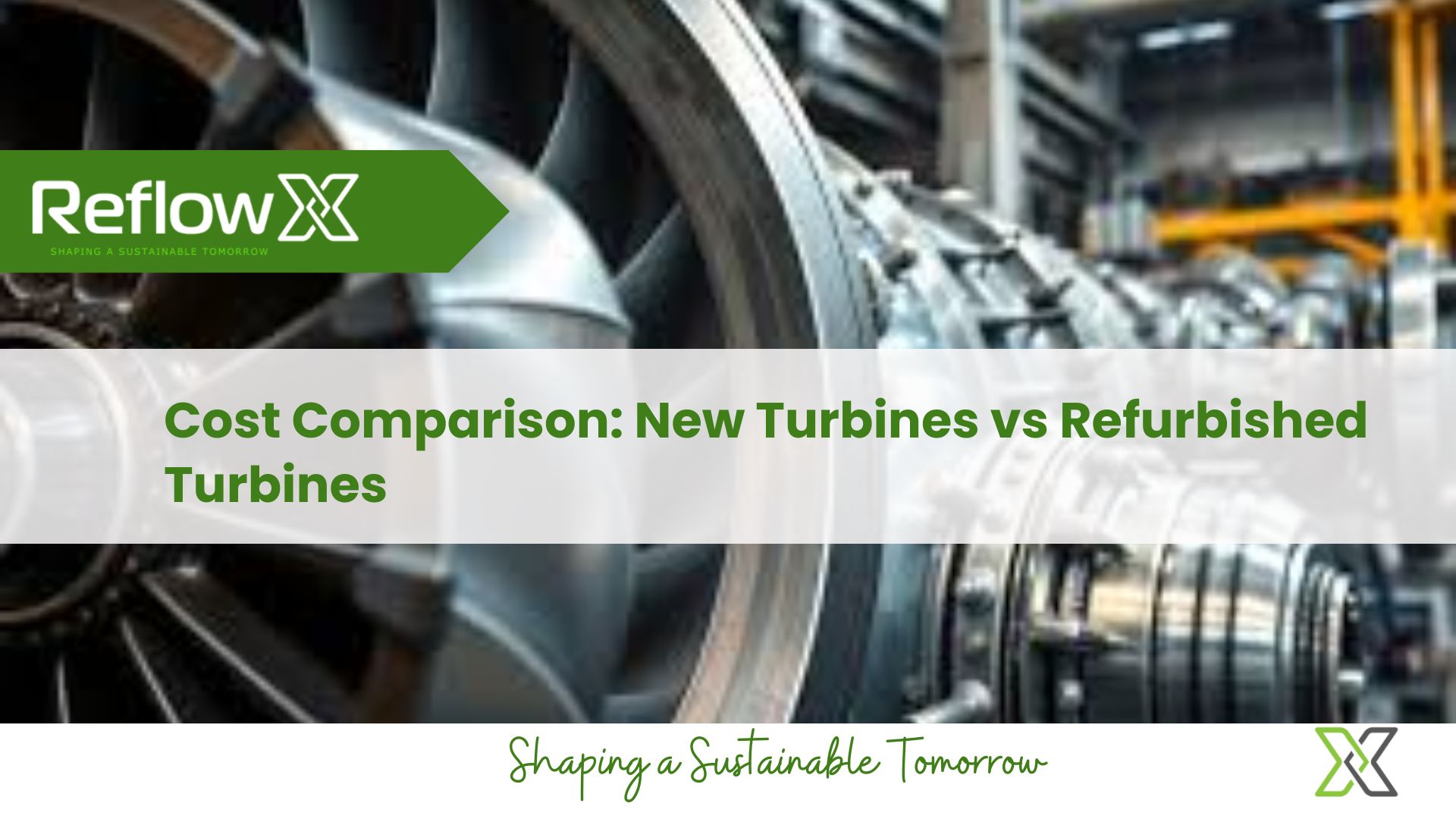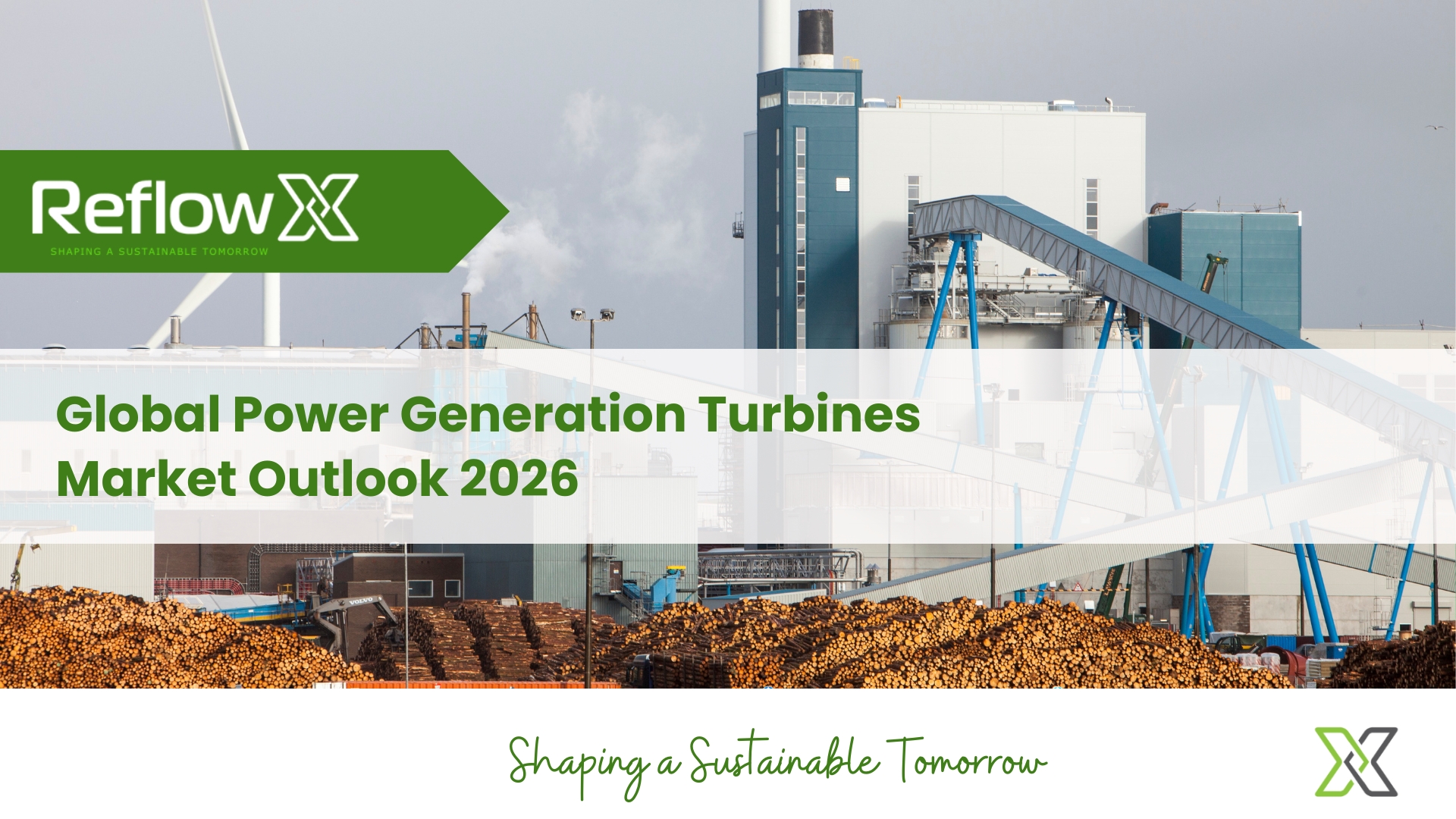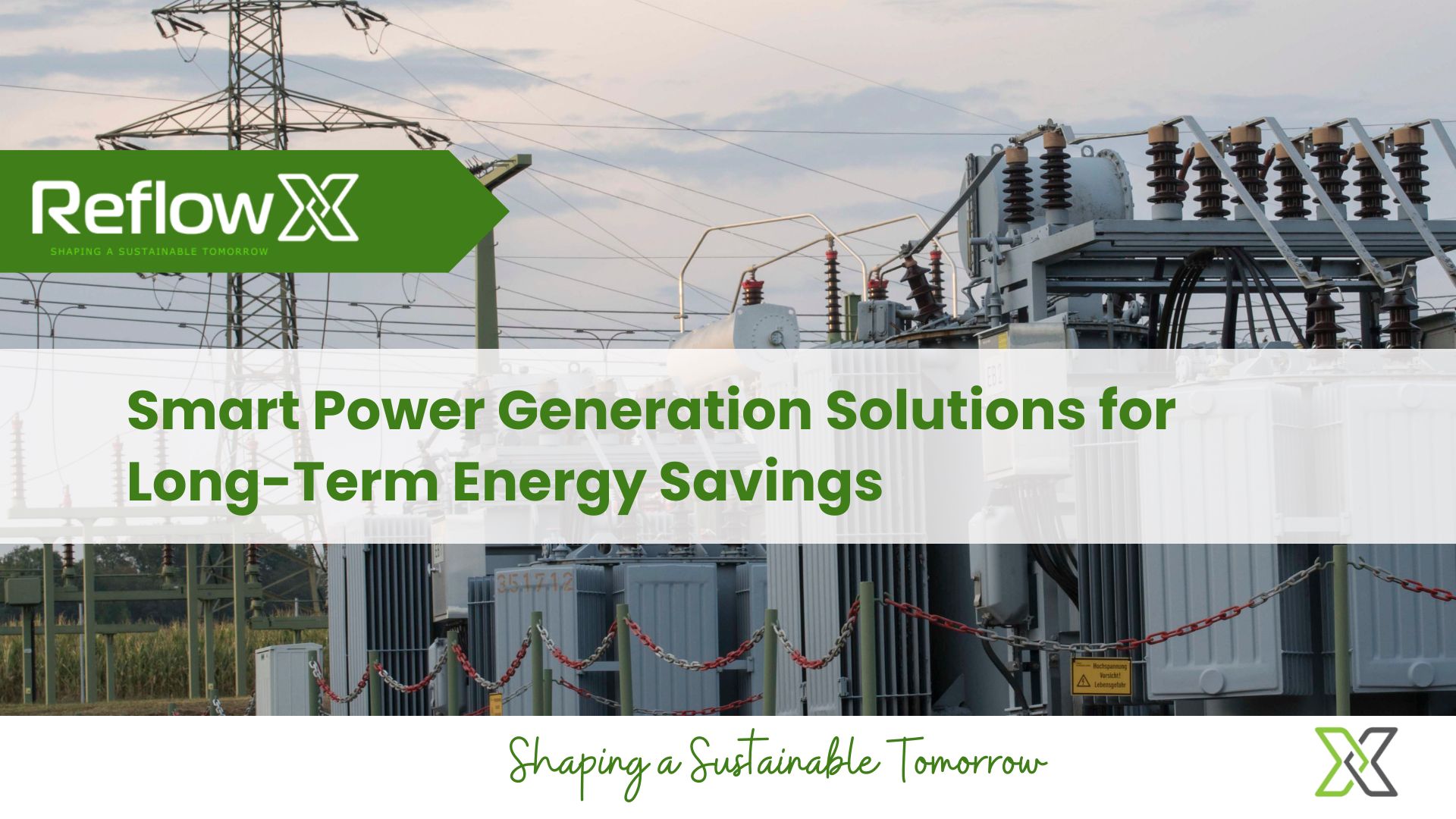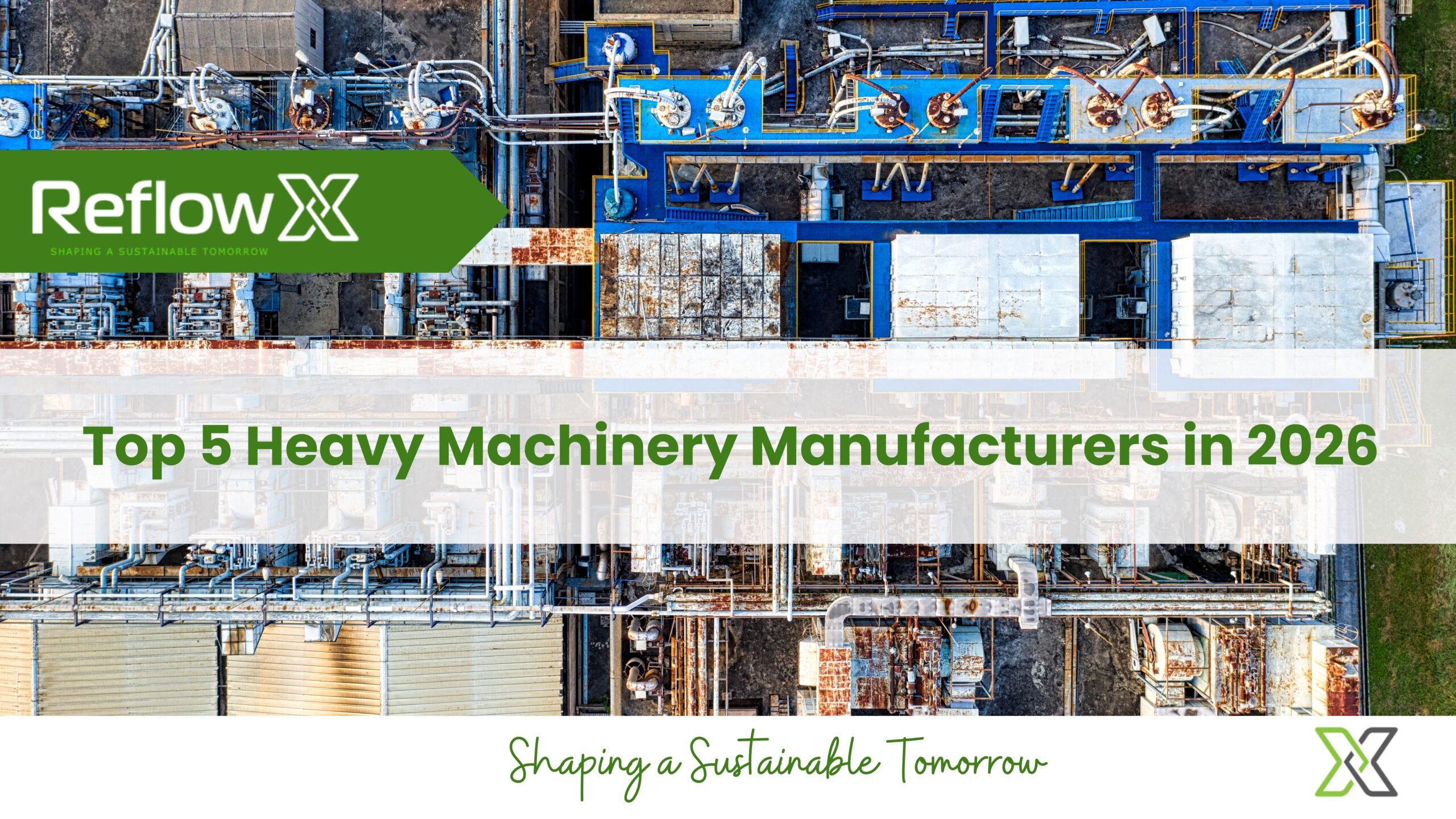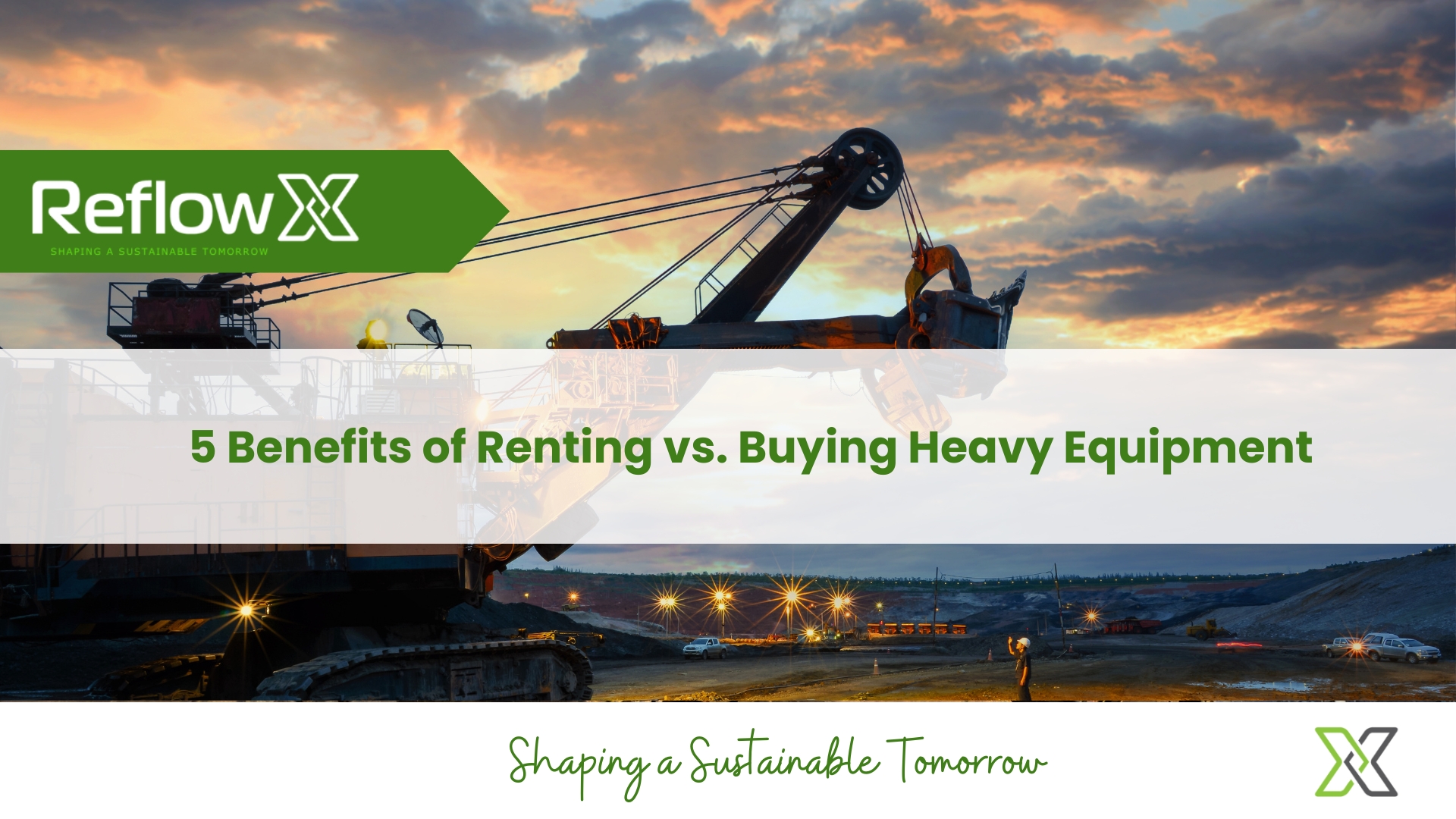
25 Feb 2026Read More
Emission Regulations Influencing Turbine Technology Choice
Emission regulations have become secondary in power plant operations. In 2026, gas turbine emission regulations directly affect gas turbine selection, combustion design, fuel strategy, and plant configuration. Plant operators are no longer selecting turbines based on efficiency or CAPEX. They are selecting based on compliance risk. In this article, I will discuss how regulations influence decisions on turbine […]

